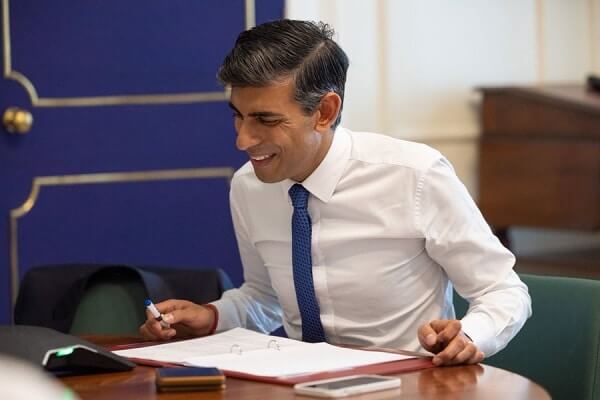Why, in today’s world, would anyone choose a career in politics?
The professional hours are gruelling, with parliamentary work as well as responsibilities in your own consistency.
The exhaustive networking involved could be challenging, including late-night event-attending that could well take the form of foreign language speeches or arts not necessarily to your liking – but which must be endured to manage community expectations in the electorate.
Your life is under constant and intense scrutiny, sometimes relating to times before your political career began, so that there is loss of privacy. (If you’re a woman, you could expect this to double, with attention going to your personal appearance and deportment).
You spend a significant portion of the year away from your family.
You fight to stay on at work every few years.
Add to this, if recent events are anything to go by, parliament may perhaps not even be a safe place to work, especially if you’re a woman.
And yet, it appears that these challenges are considered well worth the effort, by those strongly motivated to choose a career in politics and make a difference in people’s lives.
Keen to be part of the decision-making that will help transform communities at every level – whether local, state, national or international – the short-term inconveniences are glossed over, or deemed part of the job.
The overarching urge is the ability to have an influence in matters which can change the course of a community, or, to borrow a phrase from an immigrant politician made famous by the multi-award winning musical Hamilton, the desire to be in the room where it happens.
We’ve seen an uptick of late in our own immigrant community here in Australia, in the number of people who want to be in the room where it happens.
These green shoots have been emerging before the recent rise of Rishi Sunak in the UK and the growing ‘Samosa Caucus’ in the US, but these can only be even greater motivators.
State parliamentarians Gurmesh Singh in NSW, Kaushaliya Vaghela in Victoria, and Yaz Mubarakai in WA, and the many elected councillors in local government (46 in NSW alone), have paved the way by choosing a career in politics, and the upcoming state elections in Victoria and NSW are eagerly awaited for our own growing samosa caucus.
The Victorian state elections on 26 Nov so far has 57 Indian-origin candidates, many of them from the fledgling political party New Democrats launched in early October by Kaushaliya Vaghela, formerly of the ALP. For the NSW State elections next year, Charishma Kaliyanda has been nominated for the Labor Party in the high-profile Liverpool constituency. (It is expected that at least four other Indian-origin candidates will secure nominations in coming weeks.)
Given the increasing influence of the Indian-Australian community, politics is the next big frontier, and it now looks set to be conquered.
Former British Prime Minister David Cameron had said famously in 2015, “It won’t be long before there is a British-Indian prime minister in 10 Downing Street.” It took seven years for that premonition to come true.
Should we be speculating about the number of years before we see an Indian-origin prime minister at Kirribilli?
READ ALSO: Indian-American politicians in the US midterms 2022




